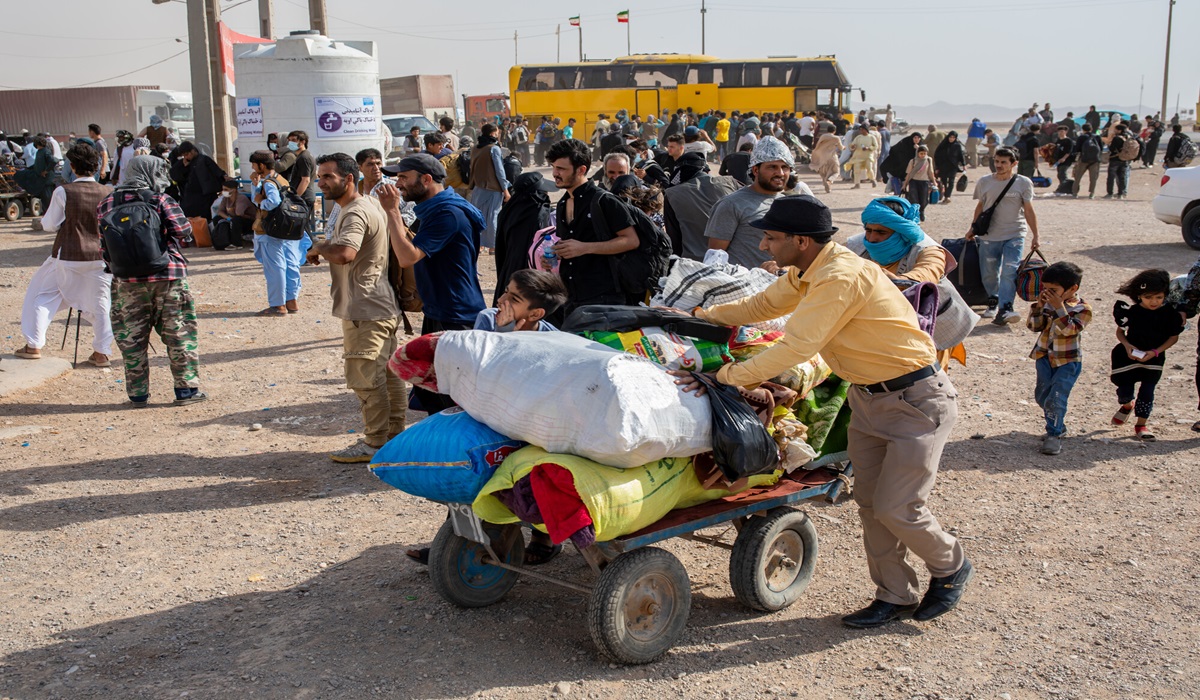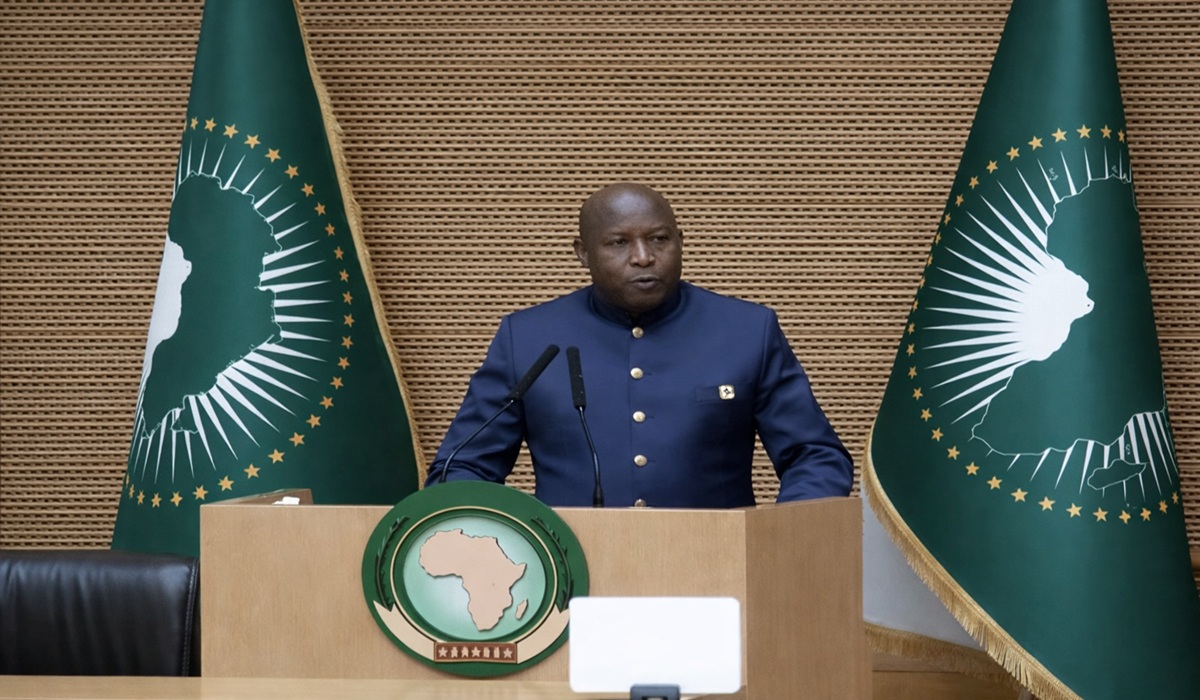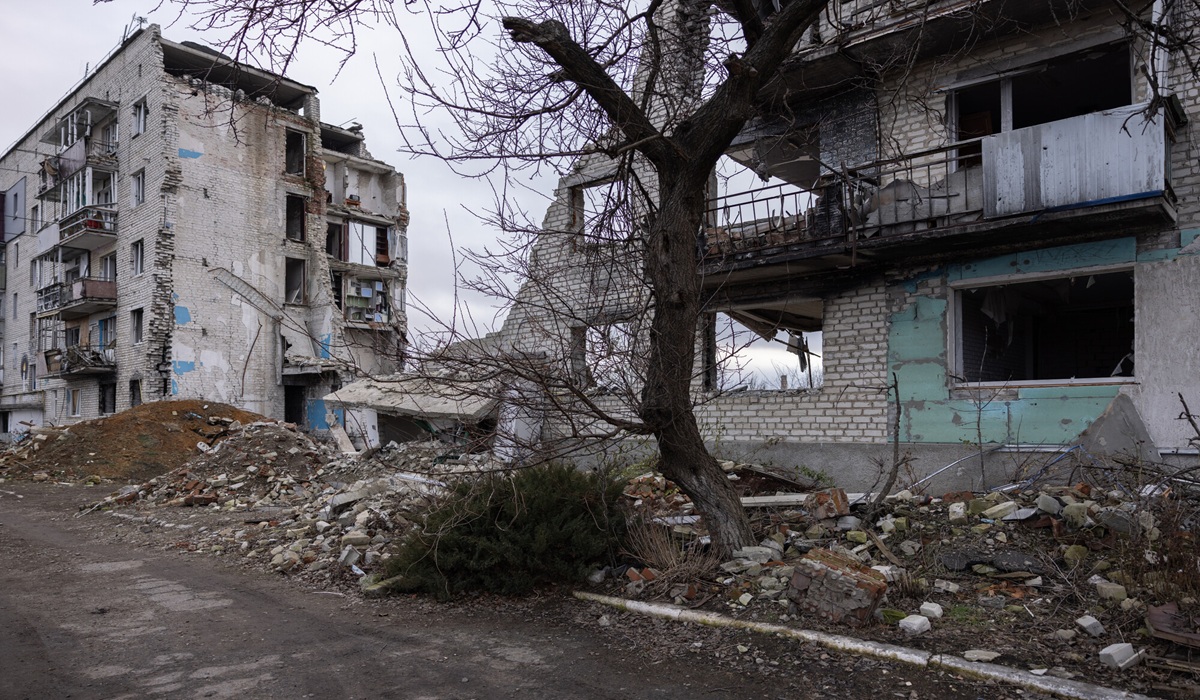Afghanistan on the Brink: Mass Returns from Iran Overwhelm Crippled Humanitarian System
- Xuemei Pal
- Breaking News
- Middle East
- July 10, 2025

Image credit, NRC
Afghanistan is once again facing a crisis of staggering proportions—one that is being largely overlooked by the global community. More than 1.4 million Afghans have returned to the country so far in 2025, the vast majority—over 1 million—coming from neighboring Iran, with tens of thousands more arriving from Pakistan. This mass return, largely driven by tightened border policies and regional tensions, is overwhelming the already-fragile humanitarian system, stretching limited resources beyond capacity.
According to the Norwegian Refugee Council (NRC), the humanitarian infrastructure in western Afghanistan is buckling under the weight of these returnees. In one striking example, over 43,000 people were registered at border crossings from Iran in a single day on July 1, as reported by the UN Refugee Agency (UNHCR).
“We are seeing families arrive exhausted and distressed to a country that has very limited capacity to support and reintegrate them. We are doing everything we can, but the scale of needs is exceeding the current resources,” said Jacopo Caridi, NRC’s Country Director in Afghanistan.
The vast majority of returnees have spent years, if not decades, in Iran. Some were even born there. Now, they are returning to a homeland they barely recognize—many without belongings, legal documentation, shelter, or access to basic services. The most urgent needs include clean water, food, healthcare, education, and safe housing.
The return has also tested the resilience and generosity of local Afghan communities, many of whom are now hosting displaced families in their own homes. NRC staff have also opened their doors, embodying the deep-rooted Afghan tradition of hospitality despite staggering resource limitations.
Afghanistan is no stranger to hardship. With over two-thirds of the population already in need of humanitarian assistance, according to the United Nations, this latest development adds yet another layer of complexity to an already-dire situation.
And the crisis isn’t slowing down. If the trend continues, more than 3 million people could return to Afghanistan by the end of 2025. This is not just a local problem. It is an international challenge that demands global attention and action.
“The international community must not turn its back on Afghan civilians. Both returnees and host communities urgently need support to prevent further suffering and instability,” said Caridi.
Unfortunately, the international response has been woefully inadequate. Only 22 per cent of the funding required by the 2025 Humanitarian Response Plan has been committed so far, with several donor countries slashing aid budgets even as the crisis worsens. Meanwhile, the regional refugee response plan remains only 19 per cent funded, further exacerbating the strain on Afghanistan’s neighbors.
Iran, now hosting the largest refugee population in the world, is also grappling with underfunded support for displaced persons. The situation there ranks high on the NRC’s list of neglected displacement crises, as Afghan refugees face growing pressure to leave amid rising instability and economic strain in the region.
The NRC is urging governments and agencies to uphold the principle of voluntary, safe, and dignified return. As of now, Afghanistan does not meet the minimum conditions for safe reintegration, a fact supported by UNHCR’s non-return advisory for Afghanistan.
“Involuntary returns should be halted. We also call for greater international responsibility-sharing and support for countries that have hosted Afghan refugees for decades,” Caridi emphasized.
This is not just a test of Afghanistan’s endurance—it is a measure of the world’s moral resolve. We are witnessing a critical turning point: a crisis that could spiral further into instability, or one that could be mitigated with prompt, coordinated international action.
Now is the time for donor countries to step up—not scale back. Funding must be restored. Resources must be mobilized. And above all, the people of Afghanistan—those returning and those receiving—must not be left to shoulder this burden alone.
Every day that passes without decisive action is a day that deepens the suffering of millions. If we fail now, we will be answering to a generation that was pushed to the margins of survival—when there was still time to act.








